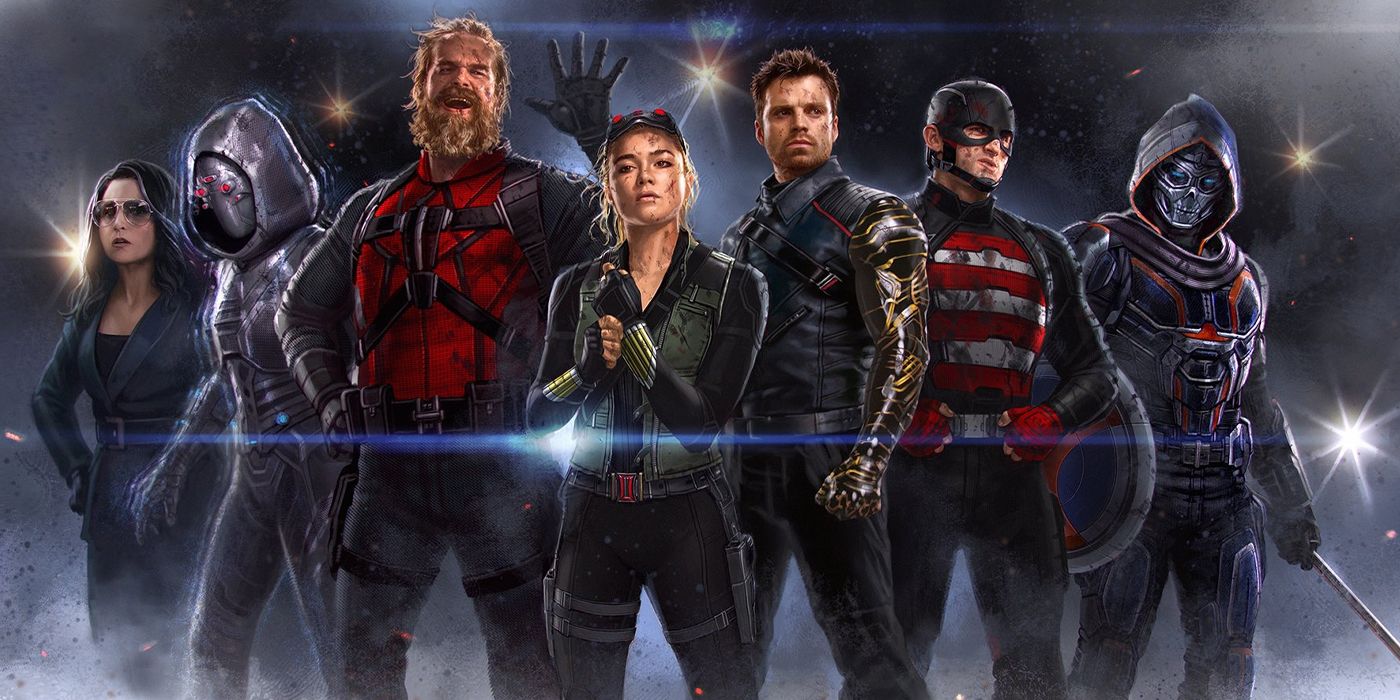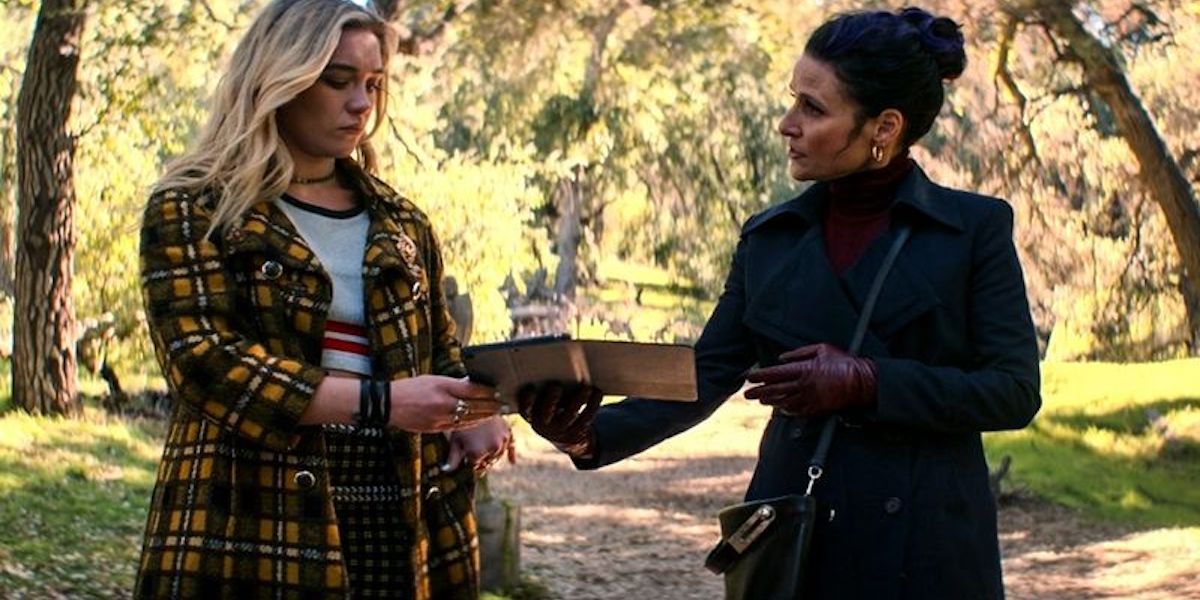The ongoing Writers Guild of America strike is having a major impact on film and television production, and the big guns are falling like dominoes. Marvel Studios, as reported by Deadline, have now suspended production on their upcoming film Thunderbolts, which was due to begin principal photography in three weeks' time at the Trilith Studios in Atlanta.
The move to push back production of the feature comes hot on the heels of Marvel's decision to pause pre-production on Blade, the Mahershala Ali film about the Daywalker, which was due to shoot concurrently with Thunderbolts next month. The studio has also been forced into suspending work on its TV series Wonder Man, due to star Yahya Abdul-Mateen II. The studio intends to resume production on all projects once the strike has come to a satisfactory conclusion.
There is a certain irony in Disney, Marvel's parent company, being hit so hard by the writers strike. Last week, the company made headlines for the wrong reasons by culling a number of films and series from their streaming platform, Disney+, in a move that was seen as cost-cutting—but perhaps more accurately, a way to stop paying residuals to writers and producers on the projects. The move to suspend Thunderbolts and Wonder Man comes on the heels of Marvel's decision to begin filming the Deadpool threequel, which is arguably one of the franchise's most ad-lib heavy titles.
Why Are the Writers Striking?
The Writers Guild of America is arguing the case that their members are not seeing an equitable share of residual payments, due to the rise in streaming platforms. If a TV show is broadcast on regular television and streaming, the latter is paid for in significantly smaller amounts. For streamers, writers are paid a flat fee regardless of success but broadcast television uses a “reward-for-success” model. In layperson's terms, that means if a show is a hit, writers can earn more in residuals.
This is why, as an example, anyone associated with Friends, a network TV juggernaut in the 1990s and 2000s, continues to earn a hefty sum even today, due to syndication as well as the sale of streaming rights. The WGA is also campaigning for a higher salary floor and for regulation on the use of artificial intelligence in scriptwriting, asking the Alliance of Motion Picture and Television Producers for a guarantee that it won’t be “used as source material,” thereby removing the need for living, breathing writing staff.
Read more about the WGA Strike, and what it means to you as a viewer.


